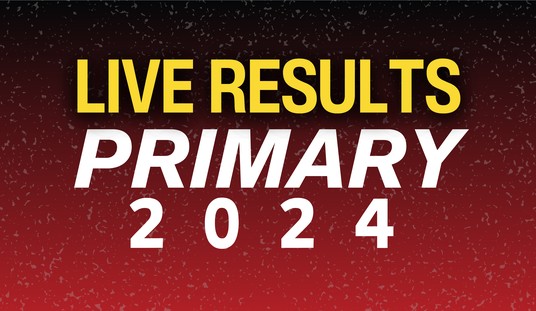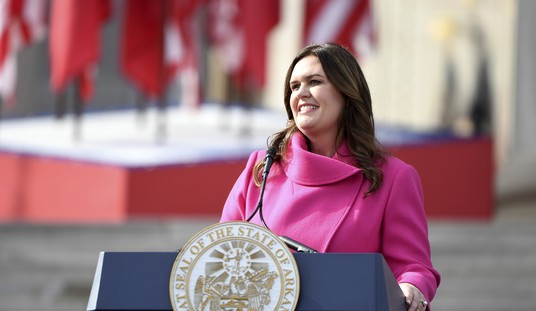Thomas Jefferson warned us, "I, however, place economy among the first and most important Republican virtues, and public debt as the greatest of dangers to be feared. To preserve our independence, we must not let our rulers load us with perpetual debt... I am for a government rigorously frugal and simple."
Nothing we face compares to the challenge our founding fathers faced in winning independence and forming a more perfect union, but reclaiming a "frugal and simple" government will take far more than replaying another version of Washington's "fiscal cliff" charade.
Congress first put a limit on federal debt during World War I. The limit was part of a law to allow the US Treasury to issue Liberty Bonds to help fund the war. Congress gave the Treasury greater discretion over borrowing by eliminating the need for Congress to approve each new issue of debt until it reached a specified limit. In short, Congress could authorize borrowing and then wait until they reached the next limit to argue over whether to disavow what they had already allowed.
Unfortunately, the consequences of not approving irresponsible spending and borrowing as they face the cliff is always too grave and unpredictable to allow. So there are speeches and public displays of bravado, and then...a new limit! Since March 1962, debt ceiling increases have been enacted 76 times.Congress has raised the ceiling 11 times since 2001.
So with the current version of political theater, we can already predict the outcome. There will be hand wringing, threats of economic chaos, promises of not giving in, and then...a higher debt ceiling and more debt. They "kick the can" down the road, but with President Obama's accelerated spending binge that "can" is rapidly becoming a 30-gallon drum that is getting harder and harder to kick anywhere!
Recommended
In the 70's and 80's, Fram Oil Filter ads focused consumers on purchasing a low-cost oil filter instead of waiting for a very expensive engine job later. Their ad's punch line was memorable, “The choice is yours. Pay me now or pay me later.”
In your home, when do you finally cut up the credit card and face the music for uncontrolled spending? The current election results suggest that Americans have not reached that point on our national debt. When will Americans force their politicians to change their irresponsible spending and borrowing habits? Will we change while the "cliff" is still manageable or will we wait until our economy is forced to take a less-than-grand leap off a fiscal Grand Canyon?
Ronald Reagan shared painful truths that made you laugh before you cried, "The nearest thing to eternal life we will ever see on this earth is a government program.” If change is to occur, we'll know Washington is serious about our economic future when:
1. They stop telling us they have a "balanced" 10-year plan when the tax increases are on the front end and the spending cuts come on the back end.
2. The Senate passes and President Obama signs into law HR 920--"The Baseline Reform Act." The bill would end automatic spending increases, institute zero-based budgeting which forces Washington to propose and pass a real budget every year, and end politicians claiming they are making "cuts" when they're only making a "decrease in the increase" their irresponsible budgeting sham.
3. They force the Fed to stop using fancy words like "quantitative easing" and admit that they're just printing more money that decreases the value of the dollar. Since 1960, the dollar has lost 80% of its value. Obama's policies aren't just taxing the rich, their destroying the value of every dollar YOU own.
4. They end America's current welfare dependency trap where, as Thomas Sowell rightly observes, "Someone who is trying to climb out of poverty...can easily reach a point where a $10,000 increase in pay can cost them $15,000 in lost benefits that they no longer qualify for."
5. They stop promising to pay off the loan debt students can't afford and start explaining how much more they will owe in the future for the unprecedented debt politicians are creating every day.
6. They actually make government smaller instead of continuing to add an average of 101 NEW employees every day!
It's "pay me now or pay me later." This "fiscal cliff" will come and go, but the "Fiscal chasm" will continue to grow until voters force politicians to make fundamental changes. It's time to take the blank check away from our politicians, but they won't do anything until we demand it!

























Join the conversation as a VIP Member